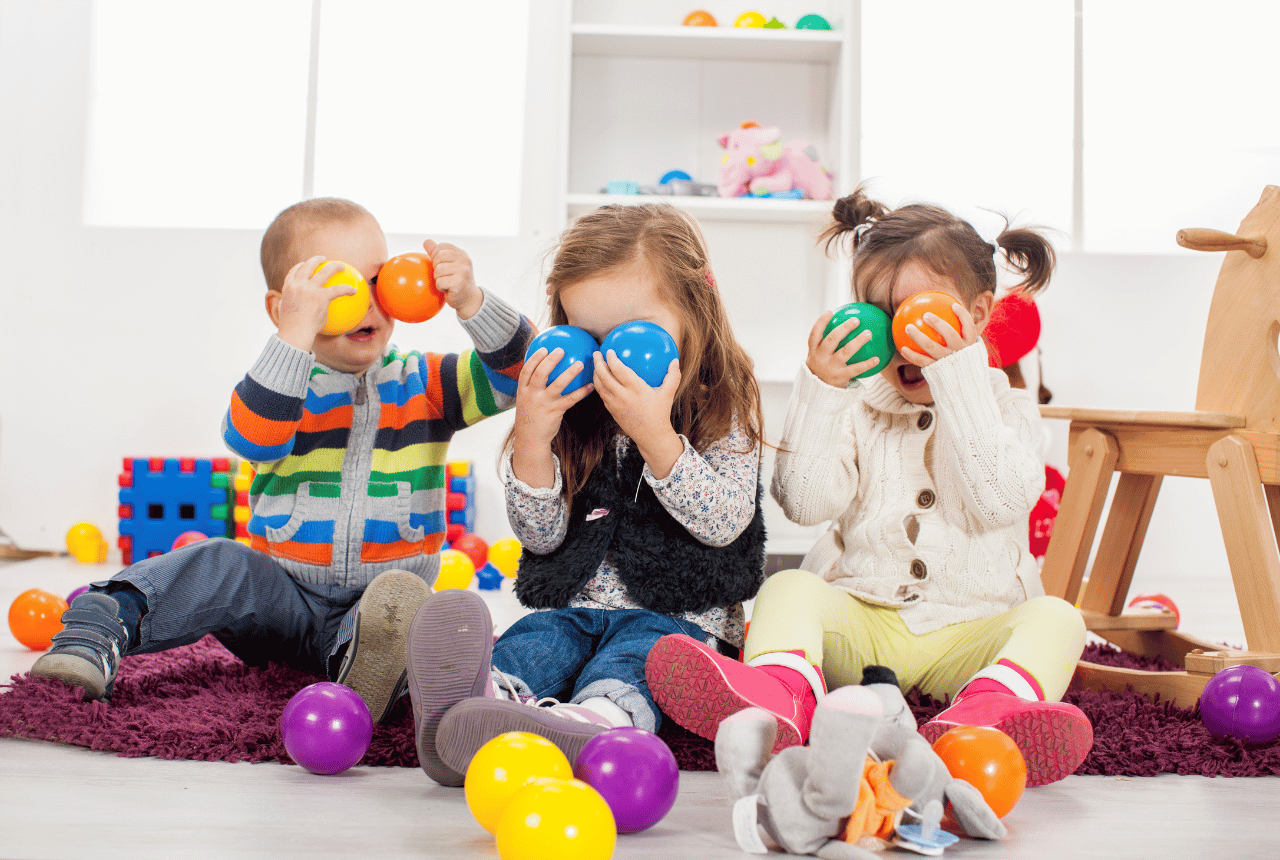Smooth Transitions: How to Ease Your Preschooler into Summer Break
As summer break approaches, parents and educators often find themselves facing the challenge of transitioning preschoolers from their school routine into a more relaxed, unstructured summer schedule. It’s a big change for little ones, and it can bring a mix of excitement and anxiety. Preschoolers thrive on routine, and when that routine is disrupted, it can lead to feelings of uncertainty or even frustration. How do you help them adjust to the new rhythm of summer without losing the structure they rely on? Whether it’s maintaining learning routines, keeping them engaged, or preparing for a change in their daily activities, making the transition smooth and stress-free can feel like a daunting task. So how can you ensure that your child enjoys the freedom of summer, while still feeling secure and supported?
We’ve all felt the challenge of transitioning from the structure of the school year to the laid-back days of summer. As parents and educators, we’ve worked with countless families to create smooth transitions for preschoolers, helping them navigate change with confidence. We know that preschoolers thrive when they feel secure and supported, and that’s why we focus on strategies that provide both structure and flexibility. Our approach is all about balancing routine with the freedom summer offers—so your child can embrace the fun of summer without losing the sense of stability they’ve come to rely on. We’ve got you covered with simple, effective tips to make the transition as seamless as possible for both you and your child.
8 Tips for a Smooth Transition to Summer Break
Establish a Summer Routine
While summer can bring a lot of flexibility, maintaining some structure will help preschoolers feel secure. Keep basic elements of their school routine, such as consistent wake-up and bedtime, mealtimes, and a morning activity.
Try this: Keep the same morning routine by starting each day with a quiet activity like reading or coloring before moving on to outdoor play or a fun learning activity.
Gradually Ease into the Change
Start shifting your preschooler's schedule a week or two before summer break. This gradual transition will help them adjust to the more relaxed pace without feeling too overwhelmed.
Try this: If their usual wake-up time is 7:30 AM, start waking them up 10-15 minutes later each day until they’re used to a more relaxed morning start.
Incorporate Learning Into Playtime
Just because it's summer doesn't mean learning has to stop. Keep their brains engaged by introducing playful learning activities that don’t feel like “schoolwork.”
Try this: Set up a fun science experiment, like watching how plants grow from seeds, to make learning feel like an adventure rather than a task.
Set Expectations Early
Talk to your child about the upcoming change so they know what to expect. This helps them feel more in control and reduces any anxiety about the transition.
Try this: Have a casual conversation about summer, explaining that school is taking a break but they’ll still have plenty of time to play, explore, and do fun activities with you.
Embrace Free Play and Outdoor Time
Summer is the perfect time for unstructured play. Encourage your preschooler to explore nature, build with blocks, or engage in other imaginative play that fosters creativity and independence.
Try this: Set up a little outdoor obstacle course or a scavenger hunt in the backyard to encourage exploration and creativity while still keeping them active and engaged.
Prepare for Changes in Socialization
If your preschooler is used to seeing friends every day at school, they might miss their social interactions. Plan playdates or group activities to maintain their social connections.
Try this: Organize a weekly playdate with one or two friends, or take your child to a local park where they can meet other kids and get used to sharing and playing with different people.
Keep Calm and Be Flexible
Transitions can be tough, and there may be moments of frustration or resistance. It’s important to stay calm and flexible as your preschooler adjusts to the changes.
Try this: If they’re having a hard time adjusting to the new schedule, take a break and offer a comforting activity like a cuddle session or a favorite story to help them relax and reset.
Celebrate the Start of Summer
Mark the transition to summer with a fun family tradition that signals the change. This could be as simple as a “Summer Kickoff” breakfast or a special outing to celebrate the new season.
Try this: Have a “Summer Party” with fun music, snacks, and crafts to celebrate the start of the break. This gives your child something to look forward to and creates positive memories to associate with the change.
Enjoy a Stress-Free, Fun-Filled Summer
The key to a smooth transition into summer break is balance—keeping enough structure to help your preschooler feel secure, while allowing the flexibility and freedom that summer brings. By gradually shifting their schedule, incorporating learning into play, and keeping the lines of communication open, you can help your child embrace the joys of summer without the stress of big changes. The summer months are full of opportunities for growth, exploration, and most importantly, fun—so make the most of it with these simple tips!
Looking for more ways to make this summer magical?
Grab our FREE Magical Memories Calendar for June, filled with daily activity ideas that will help you create meaningful memories all month long.
Download it now and get ready for a summer full of joy and connection!
Free Resource
Thank you for reading this content. And if you loved this post, please be sure to join our Parent Advisor Facebook group where we share more insights and community.
Ready to create a summer full of joy and growth? Plus, grab our FREE Summer Reading Bingo sheet to keep the learning fun going all summer long!
Visit our Parent Advisor and The Buzz Blogs to learn more about related topics and parenting tips. You are welcome to join our private Parent Advisor Facebook group. It’s a growing community of parents and preschool teachers where you can learn and share more parenting tips.










